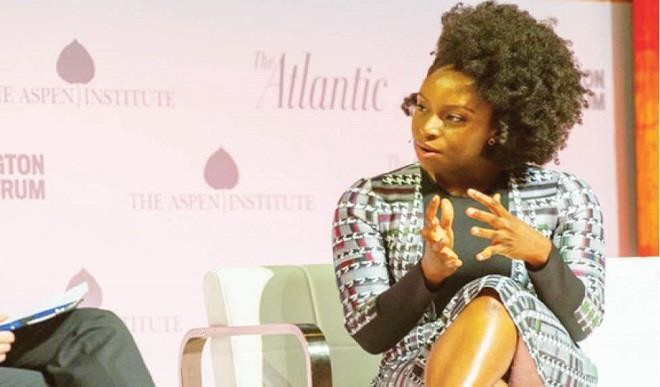Chimamanda Ngozi Adichie on when language fails her
Julie Beck In Chimamanda Ngozi Adichie’s novel ‘Americanah’, her protagonist, Ifemelu, starts a blog about race in America from her perspective as a Nigerian immigrant. The blog, called “Raceteenth or Various Observations About American Blacks (Those Formerly Known as Negroes) by a Non-American Black,” is funny as well as insightful. After the book came out, […]


Julie Beck
In Chimamanda Ngozi Adichie’s novel ‘Americanah’, her protagonist, Ifemelu, starts a blog about race in America from her perspective as a Nigerian immigrant. The blog, called “Raceteenth or Various Observations About American Blacks (Those Formerly Known as Negroes) by a Non-American Black,” is funny as well as insightful. After the book came out, Adichie started a real blog, in Ifemelu’s voice, called “The Small Redemptions of Lagos,” and kept up the commentary.
“The blog in Americanah-I wanted it to be funny. I wanted to poke fun, because I think many of the ways race manifests itself in this country are actually quite funny so I hoped that people would laugh,” Adichie said Wednesday at the Washington Ideas Forum, an event produced by The Aspen Institute and ‘The Atlantic’.
Her interviewer, Mary Louise Kelly, a contributing editor at The Atlantic, asked what Ifemelu might say about racial issues in America today.
“I think what’s going on now just doesn’t give me room for humor,” Adichie said, referring to the continual reports of black people killed by police. “I think that I’m so emotionally exhausted by the murders that I don’t think I could find any space to wrap humor around what’s been happening in the past one year, two years.”
Indeed, she hasn’t posted on “The Small Redemptions of Lagos” since November 2014, a few months after the police shooting of Michael Brown in Ferguson, Missouri.
“It’s not just that you shoot a man who’s unarmed, it’s that you handcuff him when he’s clearly dying,” she said. “There’s something about it that’s so unforgivably inhumane and to think that his race is part of the reason … I really do think that one of the terrible things about racism in this country, is there’s a sense that blackness isn’t really seen as fully human in many quarters. I think that’s why these things happen. I think that’s why a man who is dying is handcuffed, that’s why a boy who is dead is left on the street for hours. It makes me wonder: What’s happened to that part of us that is good?”
An earlier part of Adichie and Kelly’s conversation focused on the power of storytelling to humanize, so Kelly asked, “Do you think you’ll be able to find a way to write about that?”
“Many times I’ve wanted to and I’ve started,” Adichie said. “But I almost always feel that language has failed me. So I don’t know.”
Source: The Atlantic
